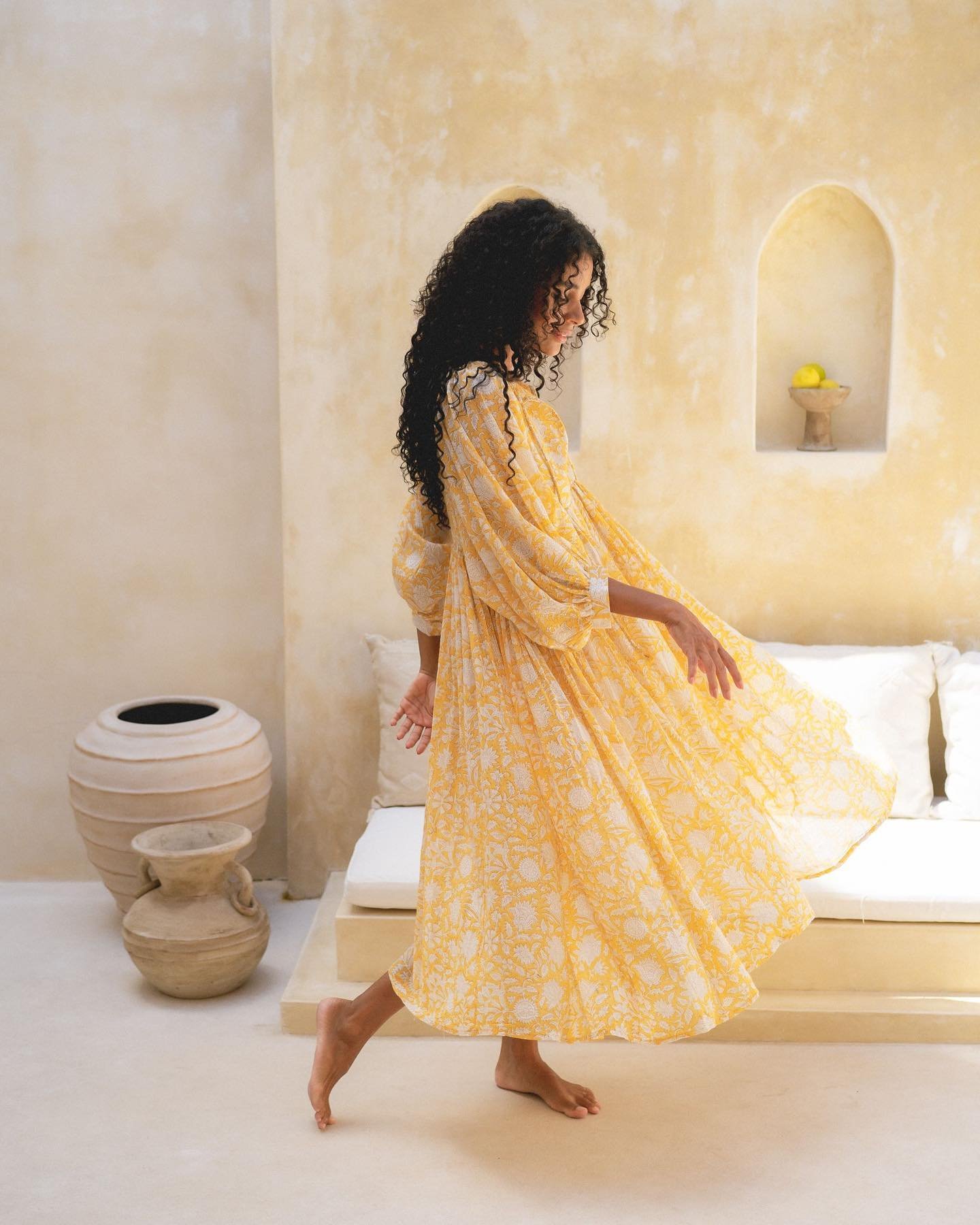Fashion with a conscience is a growing trend as individuals seek sustainable alternatives to traditional clothing options. The fashion industry has long been associated with environmental degradation, exploitative labor practices, and excessive waste. However, a wave of conscious consumers and forward-thinking designers are driving a shift towards sustainable clothing alternatives that prioritize ethical production, reduce environmental impact, and promote social responsibility. One key aspect of sustainable fashion is the use of eco-friendly materials. Organic cotton, for instance, is cultivated without the use of harmful pesticides or synthetic fertilizers, reducing the ecological footprint of the textile industry. Similarly, bamboo fibers have gained popularity due to their rapid growth and minimal water requirements, making them a sustainable alternative to conventional fabrics. Other innovative materials such as hemp, recycled polyester, and lyocell made from sustainably sourced wood pulp are also gaining traction, offering durability, comfort, and style without compromising the environment.

Another pillar of sustainable fashion lies in the concept of slow fashion, which encourages consumers to invest in high-quality, timeless pieces that are meant to last. This approach opposes the fast fashion culture, characterized by mass production, cheap materials, and short-lived trends. Slow fashion promotes conscious consumption by emphasizing the importance of ethical sourcing, fair wages, and the reduction of waste throughout the production process. By choosing well-made garments that withstand the test of time, individuals contribute to a more sustainable and responsible fashion industry. Circularity is another crucial element of sustainable fashion. It involves designing garments with a lifecycle in mind, ensuring that they can be reused, repaired, or recycled at the end of their use. Clothing brands are adopting innovative practices like upcycling, where old materials or garments are repurposed into new designs, reducing the demand for new resources. Additionally, rental and clothing swapping platforms are emerging, allowing individuals to enjoy a variety of outfits without contributing to overconsumption.
In recent years, ethical certifications and transparency have become integral in the sustainable fashion movement. Certifications such as Fair Trade, Global Organic Textile Standard GOTS, and Bluesign ensure that garments are produced under fair labor conditions, using environmentally friendly practices and materials for to find sustainable fashion alternatives. These certifications provide consumers with the assurance that their clothing purchases align with their values and contribute to a more sustainable future. Fashion with a conscience is not just a passing trend; it represents a fundamental shift in the way we approach clothing. By embracing sustainable alternatives, individuals can express their style while making a positive impact on the planet and the people involved in the production process. From eco-friendly materials and slow fashion principles to circularity and ethical certifications, the sustainable fashion movement offers a pathway towards a more responsible and conscious wardrobe. It is a journey that empowers consumers to make informed choices and encourages the fashion industry prioritize sustainability and social responsibility.
